Elemző: nem a Fidesz legfőbb érdeke, hogy nyilvánosságra kerüljön Magyar Péter legsötétebb titka
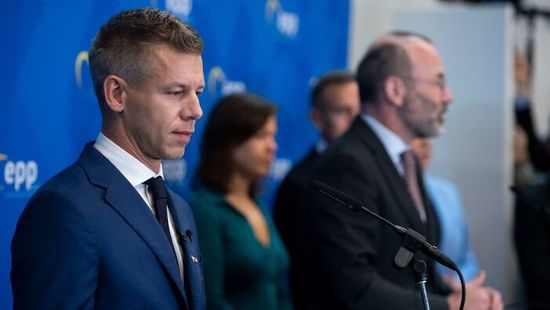
Az sem maradt sokáig rejtély, miért „ijedhettek meg egy ágy képétől” a baloldalon.

“Pick up any presidential book and you’ll find plenty of anecdotes that represent America’s ideals—self-invention, practicality, individualism, hard work.” – Craig Fehrman pointed out in a conversation with Lénárd Sándor about his new book that tells the story of books that Presidents wrote.
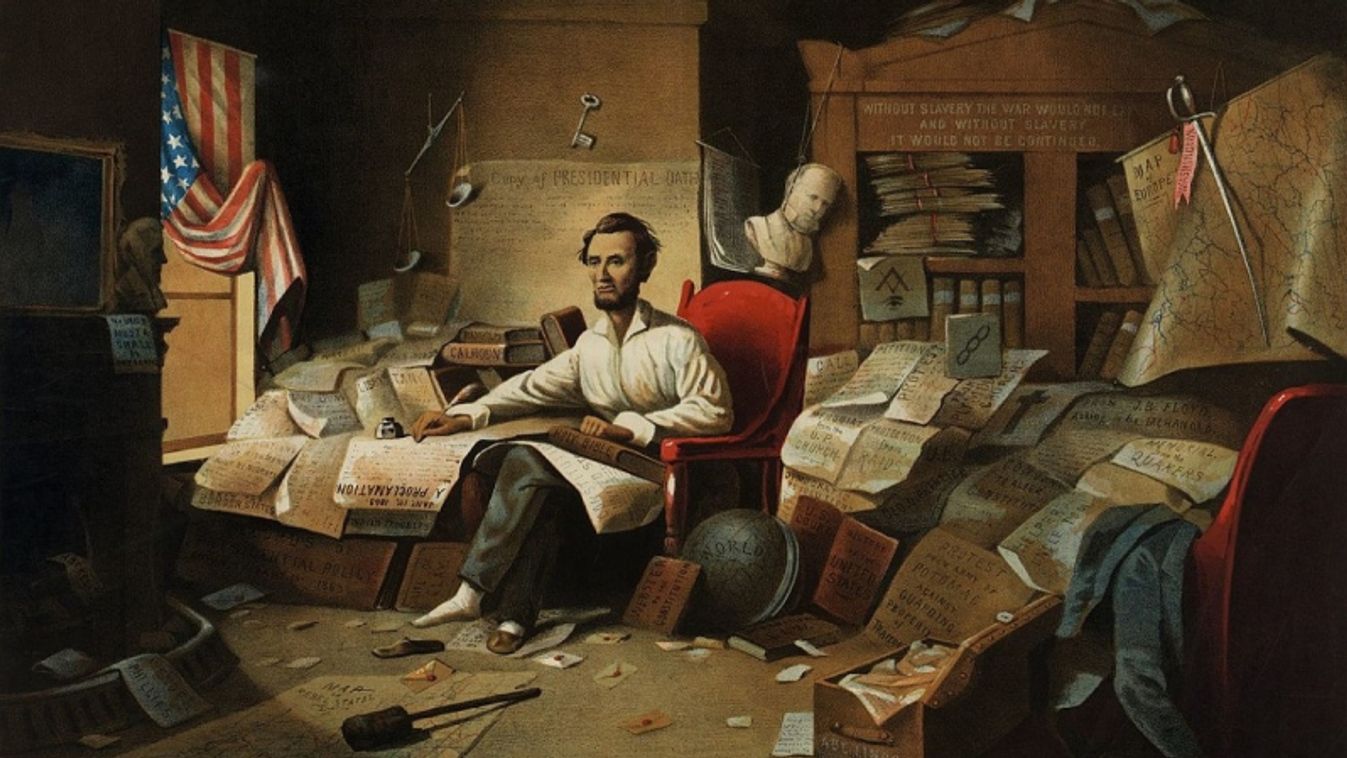
You recently published a quite unique book that looks into the books American Presidents had written before or after their Presidencies. How did this idea come and what did inspire you in writing the book?
I got curious about presidents and their books back in 2008. That was an election year, of course, and an exciting one given Barack Obama’s ascent. But it was also an election where books seemed to be at the center of America’s national discussion—not just Obama’s but John McCain’s and Hillary Clinton’s, as well. I’m a book lover, and I started wondering: had this happened with previous presidential elections? Why didn’t I know more about the history of political books? Once I started digging in, I found a story that was more important and also more human than I could have hoped for.
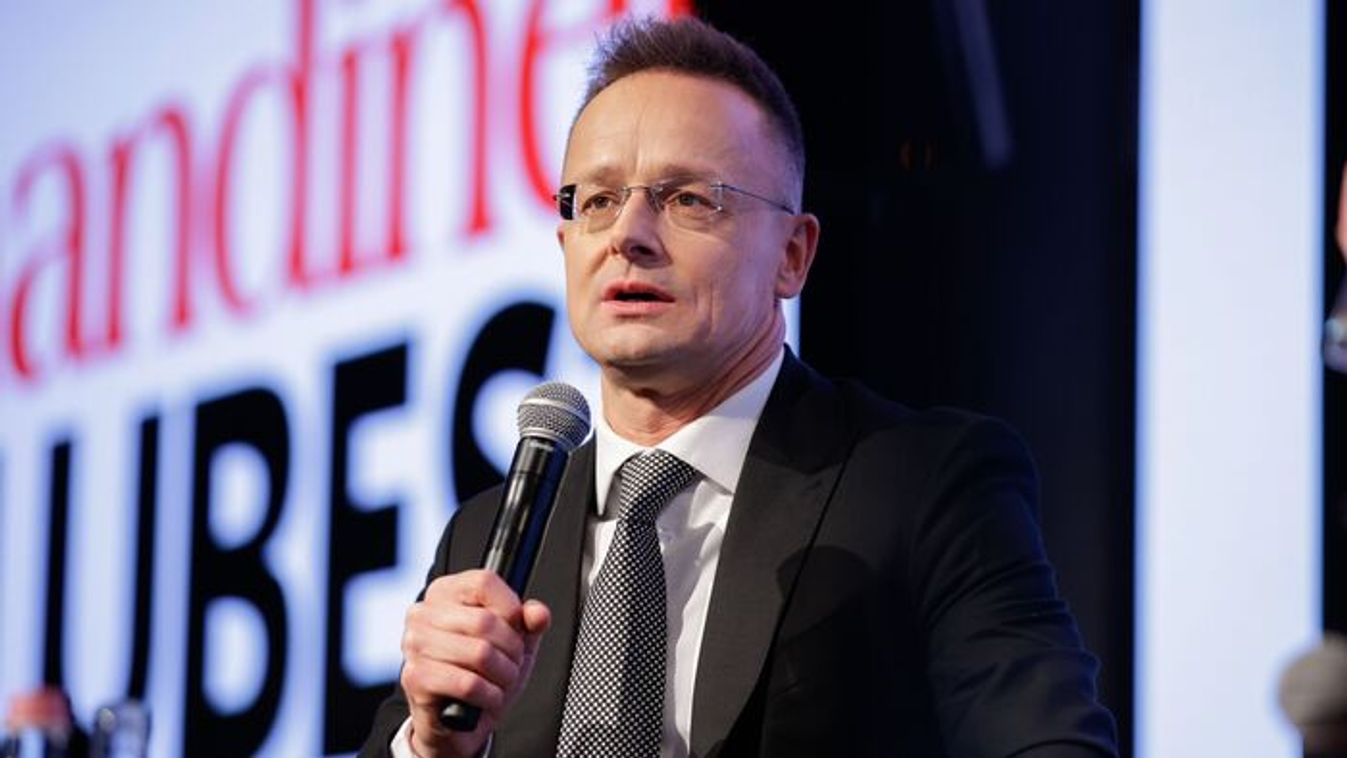
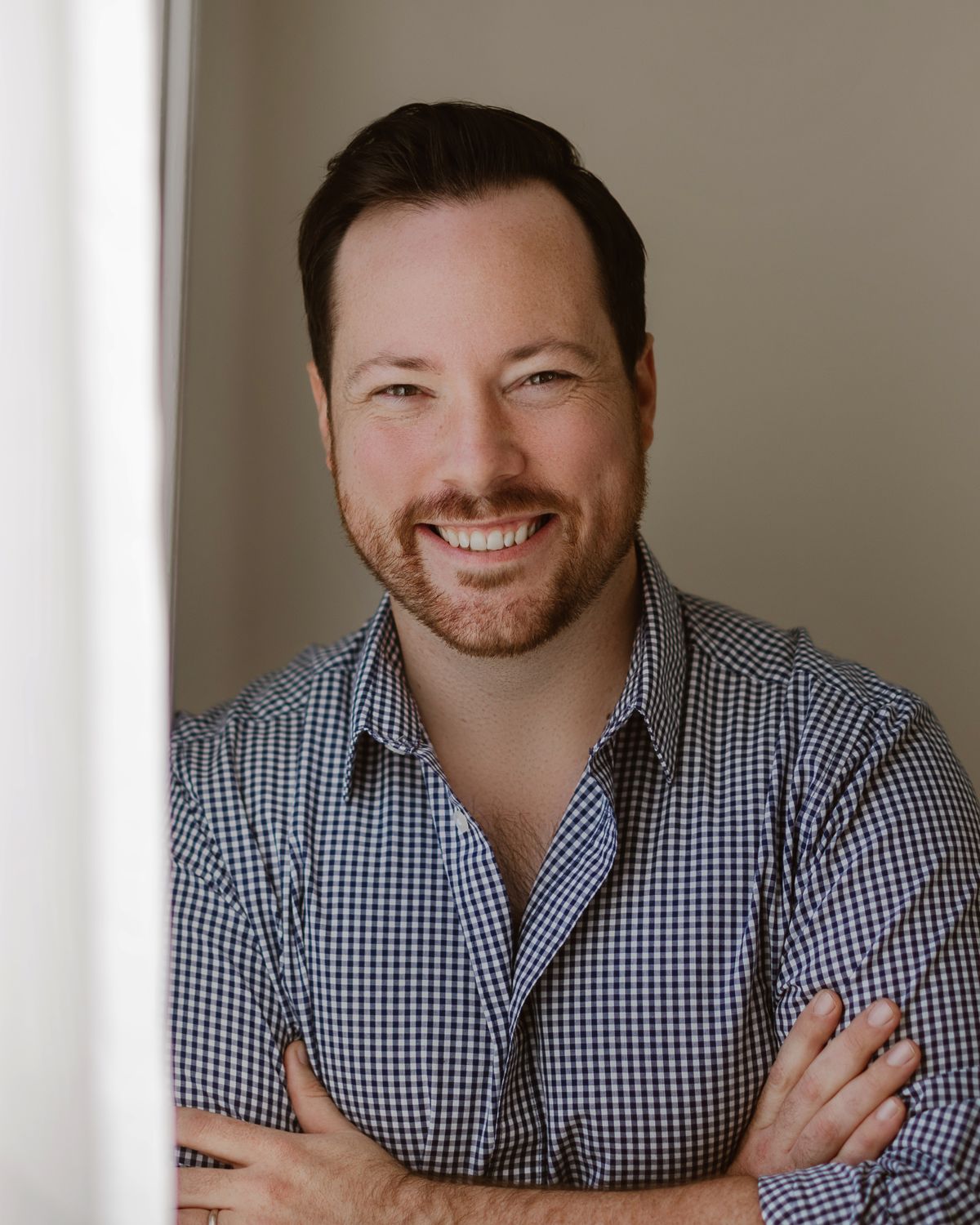
How long does the story of Presidential books go back in history? Based on your analyses, what types of books could you differentiate?
One of the fascinating things about this topic is that the history of books by presidents is as old as the history of America itself. I talk about two main traditions of books: the campaign book (a book intended to elevate someone to the presidency) and the legacy book (a book intended to reflect on an ex-president’s time in the White House). Well, the first campaign book came from Thomas Jefferson, and the first legacy book came from John Adams. In fact, four out of the first five American presidents tried to write autobiographies. The one exception was George Washington, though his friends urged him to write a legacy book, too.
Today, politicians all over the world write campaign books and legacy books, but early on
this was a distinctly American tradition.
If you look at the literary archives of the British prime ministers from the early nineteenth century, for instance, there’s just no equivalent to America’s early presidents.
But one thing I learned is that those early presidents didn’t intend to publish their legacy books during their lifetime. Most Americans in this period saw overt political campaigning or strong presidential leadership as anti-democratic—as arrogant and attention-seeking, too close to the monarchical traditions they’d so recently rejected. Washington and his pose of being reluctantly called to serve was the governing ideal, and that same reluctant pose applied to books written before or after office. Still, many presidents worked, quietly and carefully, to write such books because they saw how impactful they could be.
How did campaign books help Presidents to be elected? What is the fascinating story of the book that tells the Lincoln-Douglass debate?
Lincon’s book is a great example of the reluctance / impact tension I just mentioned. In the buildup to his presidential run in 1860, Lincoln published Political Debates, a volume that reprinted his famous debates with Stephen Douglas. Lincoln has never gotten credit for his work on this, even from his modern biographers, but the book became Lincoln’s obsession as he gathered documents, made careful edits, and negotiated with multiple publishers. The thing that can feel so strange to us, in an age when political candidates often take credit for books they didn’t write, is that
Lincoln had to keep his literary work a secret.
If voters knew he was doing something as ambitious as assembling a book, it would have been disqualifying. But he did it quietly because he knew how important books could be. And in a pre-Google era where tracking down an old speech was often impossible, Political Debates became an enormous and influential bestseller. “This book,” one newspaper claimed, “should be in the hands of every voter.” And sometimes, during the campaign of 1860, it felt like the book was.
Communication channels are quite important and influential during bothPresidential campaigns and Presidencies. For example, Franklin D. Roosevelt used the radio in his famous fireside chats, John F. Kennedy won the television debate against Richard Nixon and Donald Trump conveyed his powerful message through social media. What roles do campaign books play and how significant are they in the modern era?
There's no question that new technologies changed the campaigning and the presidency, but the dusty old codex has remained surprisingly durable. Let's run through your examples. After he became president, FDR issued a collection of his campaign speeches, a preview of his ambitions called Looking Forward -- it was one of the ten bestselling books of 1933. While Kennedy's TV chops were essential to winning the presidency, the piece of media that transformed him from a minor senator to a brainy star was a book, Profiles in Courage. (And Kennedy was so good at synergizing his media hits -- after the book came out he would be introduced on his Meet the Press appearances as a Senator and an "author.") The same thing applied to Trump. It wasn't a reality TV show or a Twitter feed that bumped him from New York developer to national celebrity. It was a book, The Art of the Deal, and the many cable TV shows he did to promote it. In each of these cases, and in many more cases besides,
books played a vital and overlooked role in their elevating political careers.
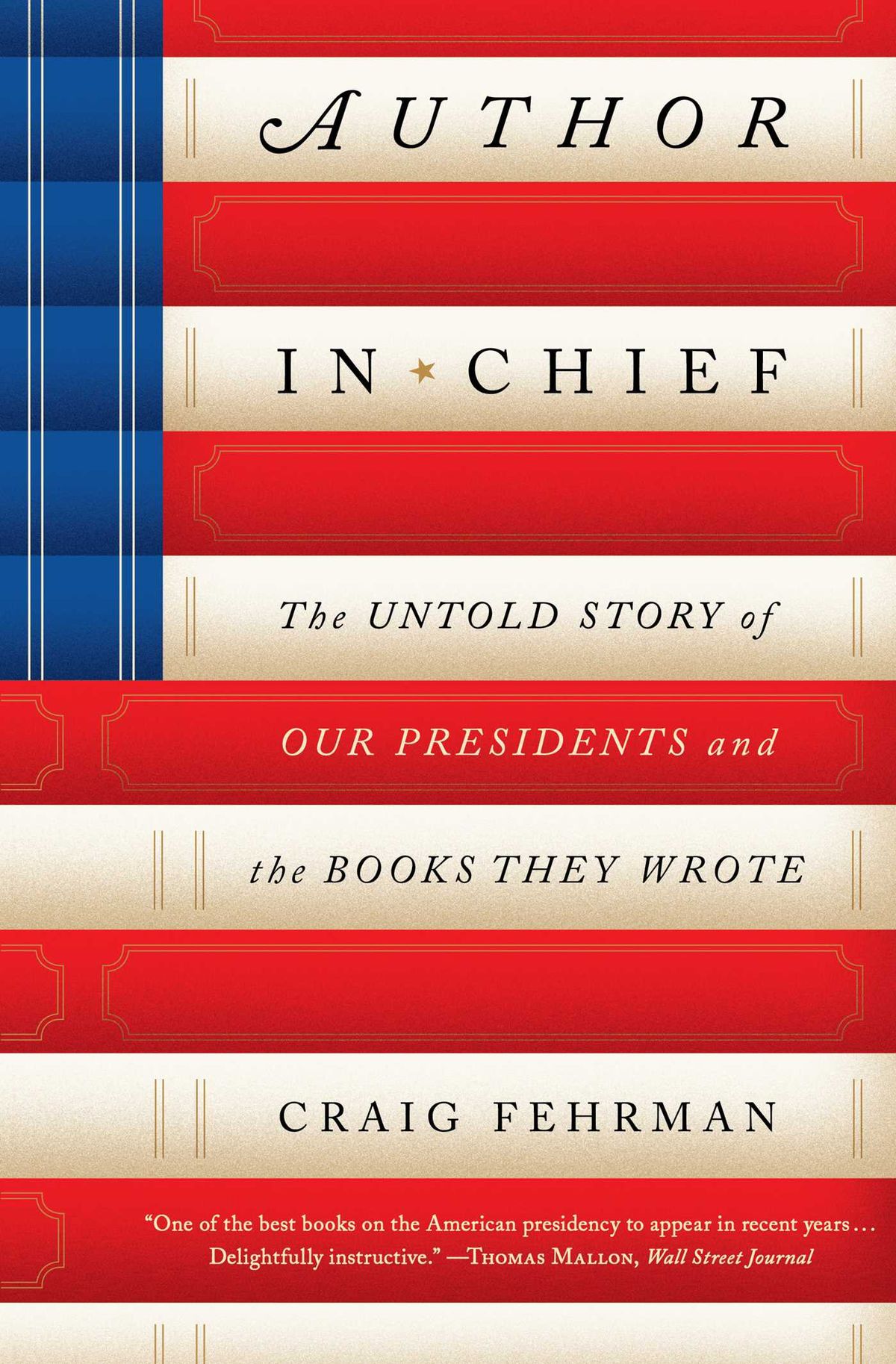
What are the most telling legacy books in your view?
First I want to note that a number of these legacy books aren’t very telling at all. When I got to a superficial or overstuffed book in my own narrative, I tried to take readers behind the scenes instead of summarizing a bland book. Reading Bill Clinton’s My Life won’t teach you much about Bill Clinton, with the partial exception of the passages on his early life. But knowing that
Clinton was so late in turning in his manuscript that his editor had to move into his house and sleep on his couch
— to me that’s an anecdote that captures the ex-president’s personality and approach in an intriguing way.
That said, there are some great books—many more than most readers realize. Grant’s Personal Memoirs deserves its reputation as a classic, Jimmy Carter has written some very insightful autobiographies, and there are some fascinating moments in Harry Truman’s two-volume memoirs (though this is another book where the behind-the-scenes details of its creation reveal as much as the book itself). But the book that really surprised me was Calvin Coolidge’s autobiography. Today we think of Coolidge as “Silent Cal,” but in the 1920s he was seen, rightly, as a talented writer and speaker. The New York Times even called him “the most literary man who has occupied the White House since [Lincoln].”
When Coolidge’s legacy book appeared in 1929, it was a national sensation. The biggest reason was that Coolidge was willing to taking people inside the White House. He didn’t spend too many pages on repeating his political philosophy or reviewing his legislative battles. He described what it felt like to be president on a personal level, and he did it in about a sixth as many pages as Grant needed. Coolidge’s book—personal, honest, concise—is a model for how to write a better political memoir.
On both sides of the Atlantic people now begin to look into and study the unique American or European way of life. What in your view the books American Presidents wrote reveal about the unique American way of life and its values?
Pick up any presidential book and you’ll find plenty of anecdotes that represent America’s ideals—self-invention, practicality, individualism, hard work. (That of course is by design since if you’re running for office you want to present yourself in a tradition that appeals to your voters.) There’s a great example in Coolidge’s autobiography, actually. He included the story of his son working an exhausting summer job: “If my father was president,” one of the workers says to Calvin Jr., “I would not work in a tobacco field.” Coolidge's son replies: “If my father were your father, you would.”
To people in Central-Europe, Ronald Reagan is probably the greatest American President as he was the one who managed to overcome the containment doctrine which ultimately led to the collapse of the Soviet Union. I am curious what do the books of President Reagan as “An American Life” reveal about his dilemmas and character in pursuing this vision?
Reagan was one of the most surprising presidents in my research. Like Coolidge he has a reputation for being almost anti-literary, but that’s not accurate. Reagan was a lifelong reader. (As a teenager he read Coolidge’s book and latched on to that story about his son.) Reagan published his first book, Where’s the Rest of Me?, before he ran for governor. It’s a fascinating and insightful book—and new letters I discovered between Reagan and his ghostwriter show how involved Reagan was in the book’s writing. Where’s the Rest of Me? showcases many of Reagan’s defining themes, especially his optimism and his opposition to Communism. It says a lot that Reagan finished this revealing book well before his national political advisers showed up.
That said, by the time Reagan wrote his second book, the post-presidential An American Life, he no longer seemed as engaged or rigorous as an author. I interviewed a number of Reagan’s aides from this later period, and one said he referred to his second book as a “monkey on my back.” (It was a lucrative burden, with Reagan receiving around $8 million for what turned out to be very little work.) When Reagan’s editor, Michael Korda, went to California to pull more stories out of Reagan, he watched the ex-president make myth in real time.
Reagan would talk about meeting in Geneva with Gorbachev, creating a movie-like scene where the two men walked off to be alone, to talk about their desire for peace.
There’s no way this scene occurred in such Hollywood fashion since neither leader could speak the other’s language. But when Korda pointed this out to one of Reagan’s aides, the aide agreed. “They weren't alone,'' he said. “That’s just the way the president likes to remember it.”
Moments like that are why I think looking at American presidents as authors can be so valuable—it’s a moment that tells you a lot about how Reagan saw himself, the world, and his role in transforming it.